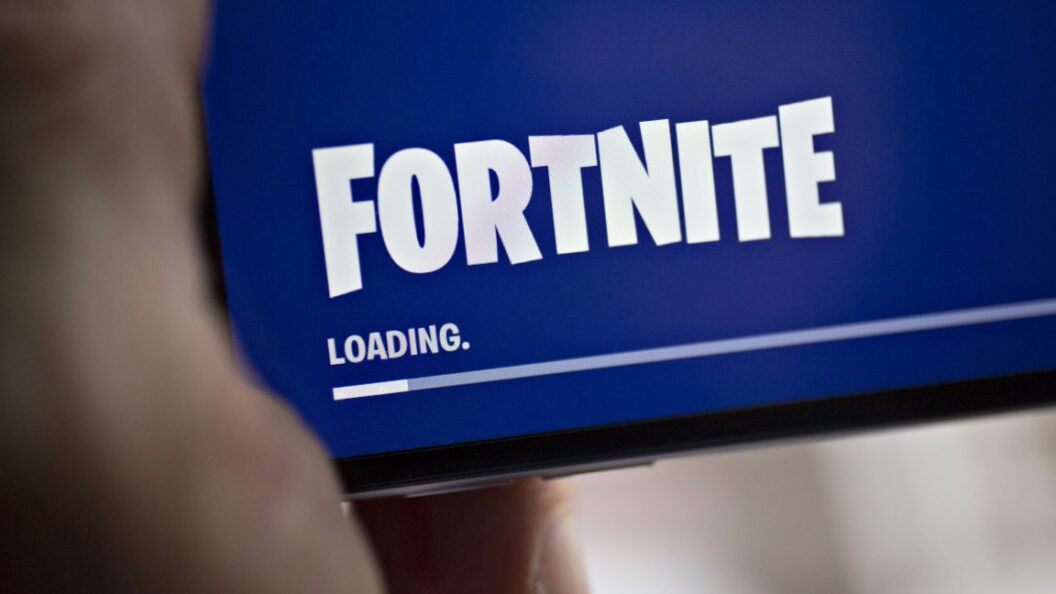Epic’s Comeback: A New Chapter for Fortnite on iOS
In a significant turn of events, Epic Games is poised to return Fortnite to the iOS App Store following a recent court ruling. This decision could reshape the dynamics of in-app purchases, allowing users to choose between Apple’s standard payment system and Epic’s own, more affordable "Epic Direct Payment." This development comes after a legal battle that has kept Fortnite off the platform for over two years, and it has major implications for both developers and consumers.
A Step Towards Choice for Gamers
Epic’s announcement signals that it will submit a revised version of Fortnite to the iOS App Store within the next week. This new version aims to replicate the system that was briefly implemented in August 2020, when Epic attempted to introduce alternate payment options that violated Apple’s policies. The removal of Fortnite from the App Store just hours later ignited a fierce legal dispute between the two companies.
During that brief window in 2020, Epic reported that 50% of users opted for its Epic Direct Payments, which provided a 20% discount on in-game purchases. Tim Sweeney, CEO of Epic Games, emphasized the importance of consumer choice. “Consumers were making the choice… and it was a wonderful thing to see,” he noted, highlighting that the decision to switch payment methods was a significant moment for user agency.
Significance of the Court Ruling
Sweeney characterized the recent court order as a "huge victory for developers," asserting that it allows developers to offer their own payment systems alongside Apple’s. “This is what we’ve wanted all along,” he stated, emphasizing the ruling’s potential to set a precedent that could influence developers across the iOS ecosystem.
Despite the positive outlook, Sweeney acknowledged ongoing challenges in other regions, indicating that battles over payment systems are far from over. As the landscape evolves, the case could influence regulations and practices not only in the U.S. but globally.
Epic’s Future on iOS
Although the specific developer account Epic used to publish Fortnite in 2020 remains banned, Sweeney mentioned that the company has multiple developer accounts, including one utilized for Unreal Engine development. This adaptation reflects Epic’s resilience in navigating the stringent policies set by Apple.
While Sweeney expressed optimism about the forthcoming submission, he cautioned that Apple still holds the power to reject Epic from the App Store again, even if they comply with all rules. However, he added that if such a rejection were to occur, Apple would face "various consequences."
The Broader Impact
This unfolding situation between Epic and Apple represents more than just a corporate rivalry; it speaks to broader issues surrounding digital economies and platform control. The ability for developers to offer alternative payment systems could democratize app distribution, fostering a more competitive marketplace that ultimately benefits consumers.
As Epic prepares to re-enter the iOS landscape, its strategy could have lasting implications for the industry, potentially prompting other developers to challenge similar restrictions imposed by major platforms.
Conclusion
The reinstatement of Fortnite on the iOS App Store could mark a pivotal moment not just for Epic Games, but for the entire app development community. The allowance for alternative payment options may usher in a more consumer-friendly environment, reshaping how digital transactions occur within mobile apps. As the situation evolves, stakeholders across the gaming and app development industries will be closely watching to see how these changes unfold and what they mean for the future of app monetization.









